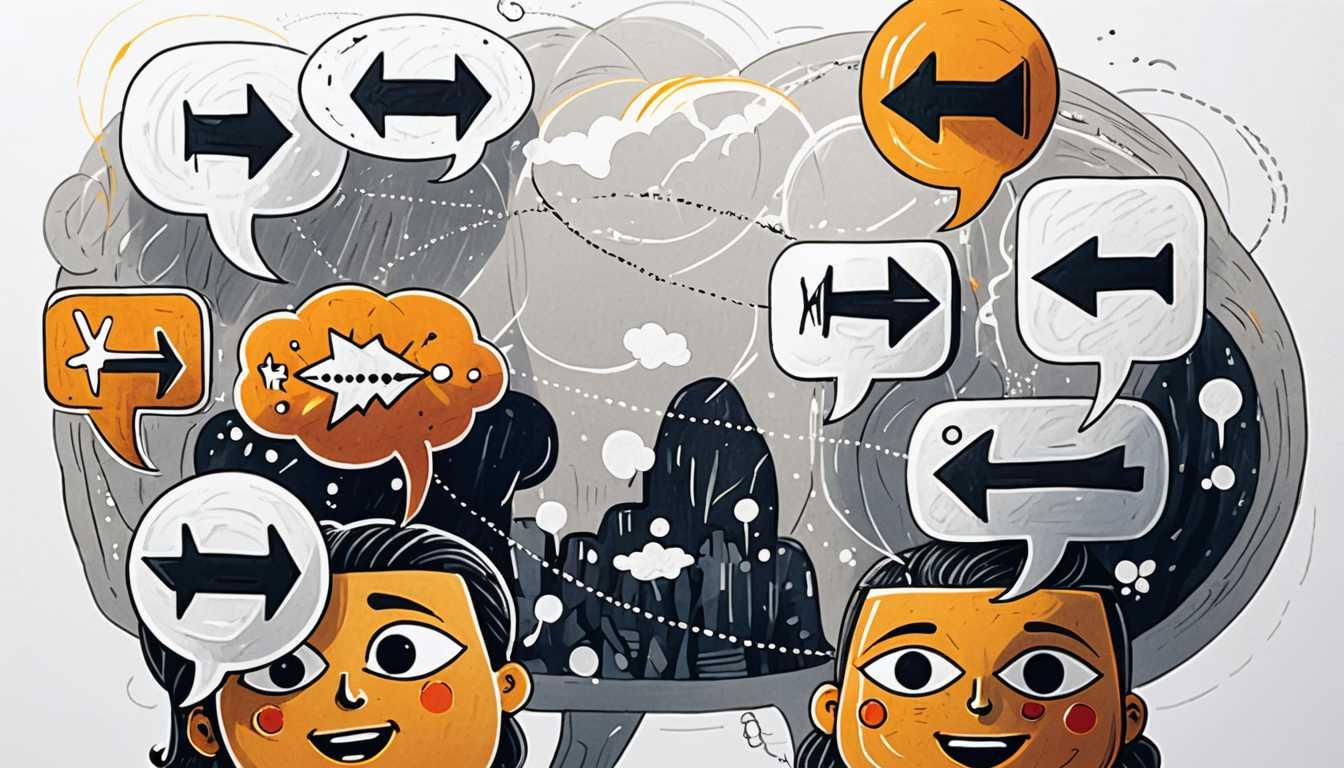Dyslexia: A Hidden Advantage in Research
November 2024
King's College London - News
Introduction
Hey there, future scholars! Did you know that dyslexia might actually give you an edge in research? According to King's College London, dyslexic thinkers excel in creativity and connecting the dots in ways others can’t. Instead of being seen as a liability, these unique perspectives can lead to groundbreaking discoveries. So, grab your favorite snack and dive into this article to discover how embracing diverse thinking styles could transform academia!
READ FULL ARTICLEWhy It Matters
Discover how this topic shapes your world and future
Unlocking the Power of Diverse Minds
Dyslexia is often viewed as a challenge, but what if I told you it could be a superpower? Dyslexic thinkers possess unique abilities that can drive innovation and creativity in research. They excel in visual-spatial reasoning, meaning they can see the world in a way that others might miss. This different perspective allows them to make connections between diverse ideas and think outside the box, which is especially valuable in tackling complex global issues. As you continue your academic journey, understanding the strengths that come from diverse ways of thinking can inspire you to embrace your own unique talents, whether you face challenges like dyslexia or not. The world needs all kinds of thinkers to solve its problems, and by recognizing the value of different cognitive styles, we can create a more inclusive and innovative future.
Speak like a Scholar
Neurodiversity
The idea that different brain types (like dyslexia) are part of normal human variation, and that these differences can offer unique strengths.
Holistic Processing
A way of understanding information that focuses on the whole picture rather than individual details. Dyslexic thinkers often excel in this type of thinking.
Qualitative Research
A type of research that explores people’s experiences and stories to gain deeper insights, rather than just relying on numbers and statistics.
Cognitive Style
The preferred way a person thinks and processes information, which can vary widely among individuals.
Social Model of Disability
The perspective that disability arises from societal barriers rather than individual limitations, promoting the idea that environments should adapt to diverse needs.
Cultural Competency
The ability to understand and interact effectively with people from different backgrounds and experiences, fostering inclusivity and collaboration.
Independent Research Ideas
The Impact of Dyslexia on Creative Problem-Solving
Investigate how dyslexic individuals approach problem-solving differently and how these methods can contribute to innovation in various fields. This could reveal new strategies for tackling complex challenges.
Visual Learning Techniques in Education
Explore how visual learning aids can enhance understanding for all students, particularly those with dyslexia. This study could lead to more effective teaching practices.
The Role of Neurodiversity in Team Dynamics
Examine how diverse cognitive styles within teams can lead to more creative outcomes and better solutions in group projects or work environments.
Changing Academic Assessments to Embrace Diversity
Research alternative assessment methods (like visual presentations) that could support neurodiverse students while promoting creativity and innovation in academia.
The Intersection of Dyslexia and Technology
Analyze how assistive technologies can leverage dyslexic strengths and enhance learning experiences, potentially leading to a more equitable educational landscape.
Related Articles

Understanding Minds: Confidence vs. Reality
August 2024
King's College London - News

Mimicry: The Secret Language of Expressions
December 2024
Cornell News Highlights

Boost Learning: Simple Psychological Hacks
August 2020
UC Berkeley

Self-Esteem Boost: Writing About Identity & Values
July 2024
Cornell News Highlights

Chat Your Way to Connection!
May 2024
Cornell News Highlights